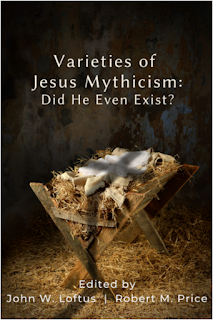World War I: Why Didn't It Put an End to Belief in God?
A personal, loving, competent god is out of the question
When we study episodes of colossal suffering in human history, we have to wonder: “How did belief in a good, powerful god survive these experiences?” The masses of people affected would have been more than justified in telling their priests to get lost. “The theology you’ve been peddling is all wrong.” The Black Plague of the 14th century, which brought horrible suffering and death to perhaps a third of the population from India to England, should have meant the end of personal theism, i.e., belief that a loving god manages the world, indeed, keeps close tabs on every person on earth. Unfortunately, critical thinking was not a common commodity at that time, so the church got away with preaching that human sin was the cause of the plague; god was getting even. This is stunningly bad theology, the embrace of supernatural evil, as Dan Barker has put it: the loving god had disappeared.













.jpg)





